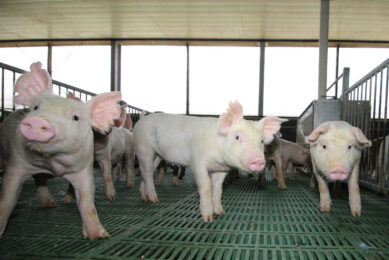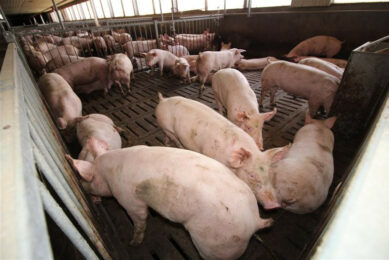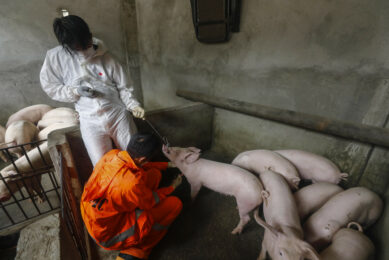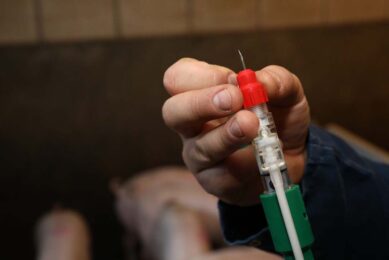Philippines helps pig industry to offset high feed prices
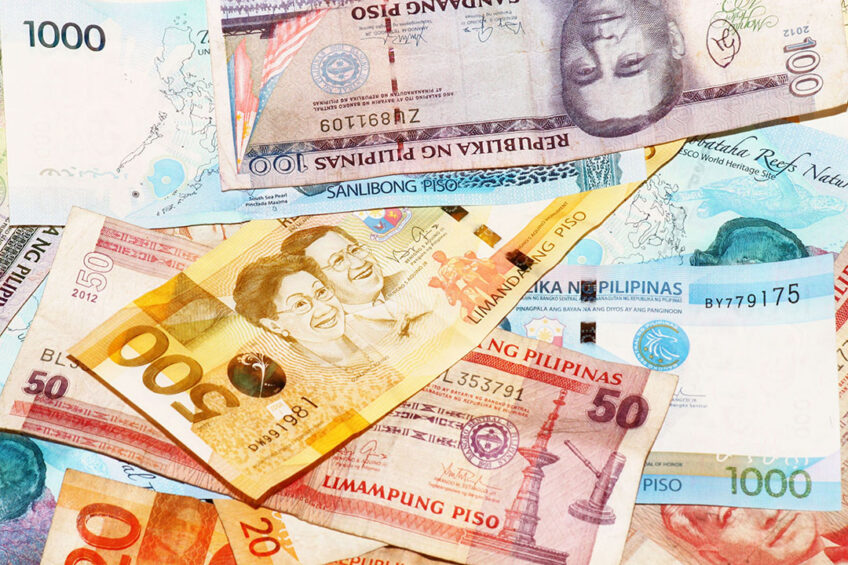
Although the war in Ukraine does not directly affect the domestic economy of the Philippines, as neither Russia nor Ukraine is a major trading partner, there are indirect ways that cause disruptions to the pig industry. The Philippines are proposing a set of measures to relieve the effects.
As reported by the Philippine News Agency, the Asia-Pacific region, including the Philippines, will likely feel the impact of escalating tension between Russia and Ukraine by way of global price shocks, trade disruptions, and financial market disruptions. The challenges to the pig industry include the increase in feed, fuel and oil prices, exacerbated by the global price shocks and trade disruptions.
Disruptions will have a huge impact
Any disruptions to the pig industry will have huge effects on the industry that is busy with repopulation programmes to curb the effects of the ASF virus. The pig industry contributes significantly to the country’s economy. Reports show that by 2015, the pig industry was worth about US$ 5 billion and contributed to about 18% of the country’s agricultural output.
In anticipation of the challenges, the government of president Rodrigo Duterte has approved the recommendation of the country’s economic team to strengthen the domestic economy, stabilise food prices, provide social protection, and explore diplomatic channels to help resolve the conflict.
Cushioning the impact
The Philippine News Agency reported that finance secretary Carlos Dominguez III has assured president Rodrigo Duterte that the impact of the current Russia-Ukraine crisis on the Philippines would only be temporary. A comprehensive set of measures are now being implemented to ease its impact on the economy and the people.
Among other proposals, he also cited the need to increase fuel subsidies to the farm producers, the expansion of the oil buffer stock, the continuation of the promotional fuel discount given by oil firms, the promotion of energy conservation, etc. He also said Duterte approved the recommendations of the Department of Energy (DOE) to implement the PHP500 million (US$ 9.7 million) worth of subsidies under the fuel discount programme for farmers.
More recommendations to help the pig industry
In addition, the Economic Development Cluster (EDC) of the cabinet came up with more recommendations:
- Expanding sources of wheat (e.g., India) and producing more cassava (as feeds substitute);
- Expand supply and reduce prices of pork by extending the lower tariff of 15% in quota and 25% out quota with MAV of 200,000 metric tons until December 2022;
- Accelerate release of imported pork from cold storage;
- Remove all non-tariff barriers for pork and fish;
- Promote non-wheat flour substitutes such as the Sagip-Nutri flour (made from cassava, sweet potato, monggo, etc), and banana flour.



